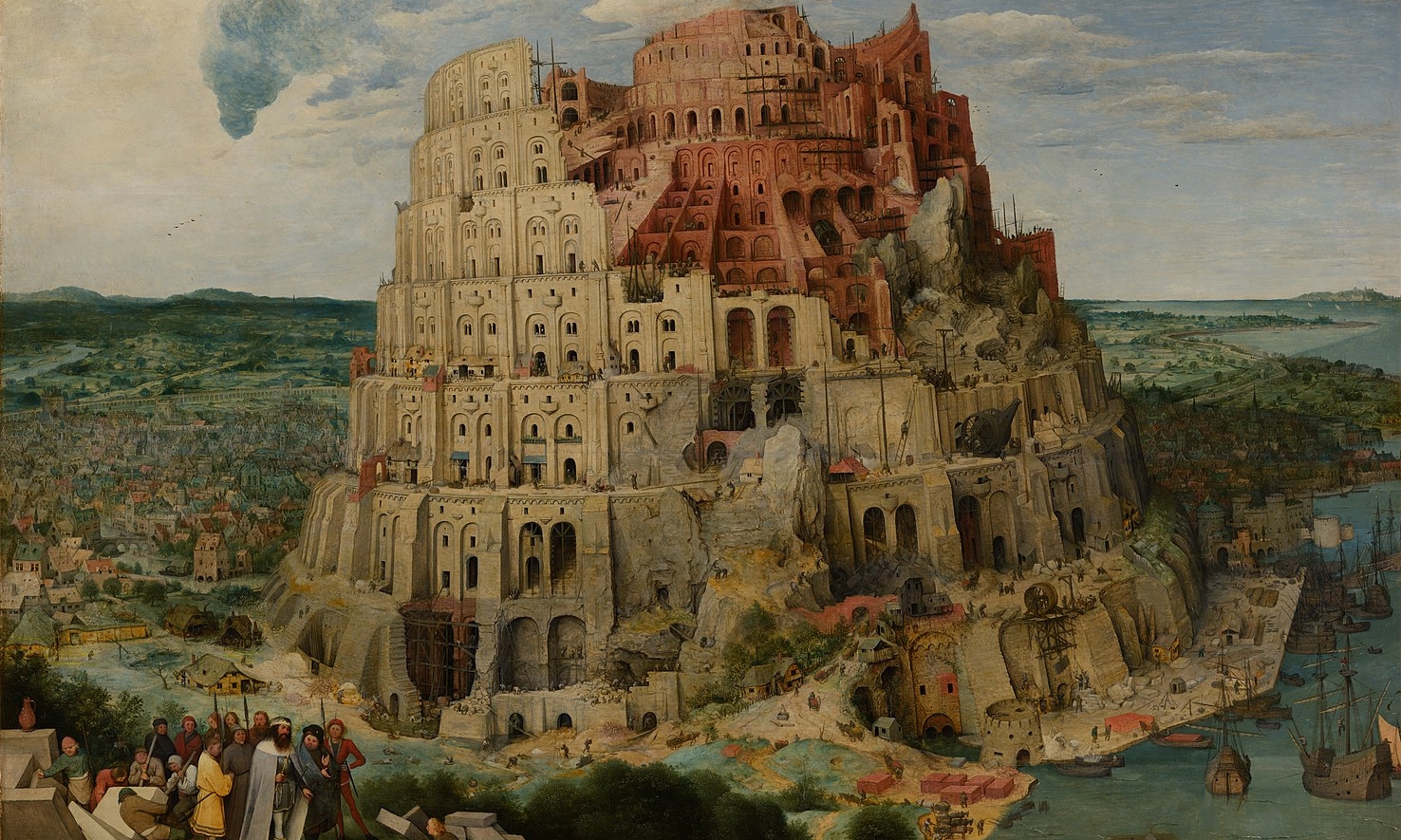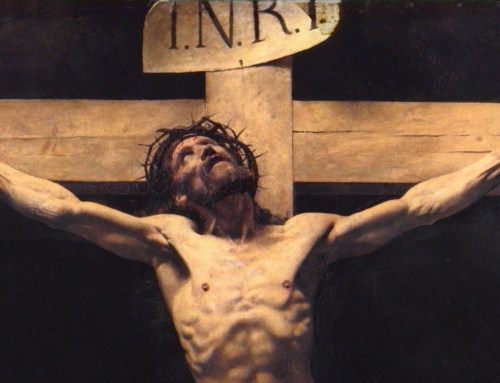The meaning of the term pride has turned topsy-turvy in our day. We tell aspiring youths to take pride in what they do. We exalt those who are proud of their accomplishments. We also encourage people to take pride in who they are and in the communities they come from.
While pride can signify something proper and laudable, we often forget that pride can also signify a most insidious vice that Christians have always known to be the source and cause of all sins (ST II-II q. 162, a. 8). And we frequently fail to distinguish the two. All too often we slip from rightly appreciating our accomplishments and thanking God for them to lusting after the glory and honor that comes with such accomplishments as if they were attained only by the sweat of our brow.
We see this dangerous aspect of pride more clearly in the word’s synonym, hubris, which is an “exaggerated pride or self-confidence.” For the Ancient Greeks, however, from whom this word comes, hubris (ὕβρις) had a more expansive connotation that is lost on most English speakers today. Their fuller understanding of pride can help us see a commonly forgotten aspect of the vice.
The Ancient Greeks certainly understood hubris as an “exaggerated pride or self-confidence” like we do today, but they used the word often in describing the characteristics of their tragic heros, like Achilles and Oedipus. Achilles exhibited hubris when he refused to fight for Agamemnon’s army in the Illiad. He allowed a minor slight to his honor to prevent him from contributing to the common good of his army. Oedipus, a noble from birth, became full of pride by beginning to believe that he was greater than the gods and thinking that he did not need their help in Oedipus Rex. Yet for the Ancient Greeks, the meaning of hubris wasn’t just an exaggerated self-confidence; it also implied violence, disaster, or injury, which figured just as prominently into their understanding of this word. Those who in a fit of rage channeled their fury into insulting and attacking others were said to have hubris. Those with hubris allowed their passions to overcome them out of an inordinate desire for some good. Their hubris disintegrated them.
Similarly in the Christian understanding, pride or hubris initiates violence and disaster because it moves man to take his first step away from God. The proud person “aims higher than he is . . . he wishes to appear above what he really is” (ST II-II q. 162, a. 1). In his grandiose self-appraisal, the proud man executes violence against the providential plan in which God has created him. This is a plan that God has created sweetly and strongly, not violently (Wis 8:1). Thus, pride distorts a person’s understanding of the nature of reality. Pride makes man his own god so that he becomes the architect of his own world. But man can never escape God’s reality. He may try to run far from God, but even those who have run the farthest (e.g. Satan), are still subject to him.
For this reason, pride reigns supreme among the capital vices. Capital vices are those vices that give birth to “daughter” or lesser vices. They are the “gateway” vices, as it were, unraveling the person’s life like a loose thread. Pride takes precedence over the other capital vices because it causes a person to subject all of reality, even God, to ourselves. The prideful person is the one who makes himself God. No sin could be more destructive because all that we are and have come from God.
A great help for us when we are tempted to ensconce ourselves in our own pride is to recall this violent effect of the insidious vice. Aiming for our perverse self-aggrandizement will cause us first to ruin our relationship with God. Then, if we persist, we will destroy our other relationships. A life lived from pride will only produce more violent frustration. However, if we turn to God in humility with the help of his grace—meaning that we accept the place he has given us in creation—then we begin to rise again and reorder our relationships. We will learn to appreciate better the gratuity of God’s gift in our lives; doing all things with the knowledge that it is he who has begun this good work in us and will bring it to completion (Phil 1:6). Then we will be able to be proud, in the laudable sense, of what God has done in our lives.
✠
Image: The Tower of Babel by Pieter Bruegel the Elder (Wikimedia Commons)







